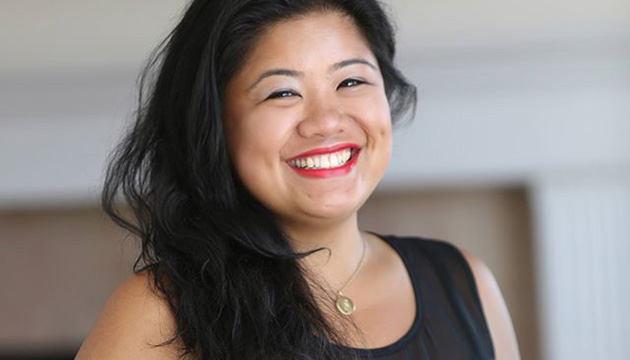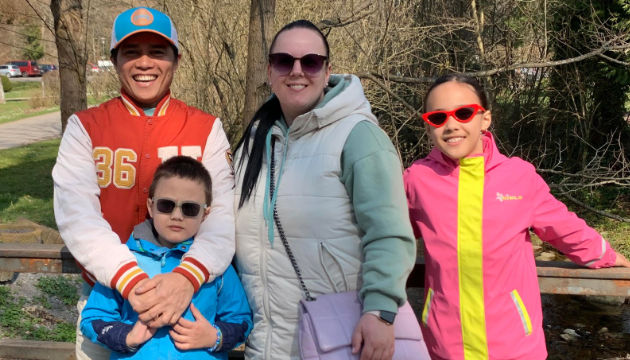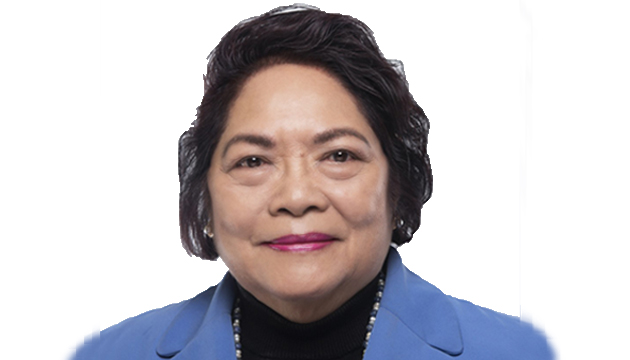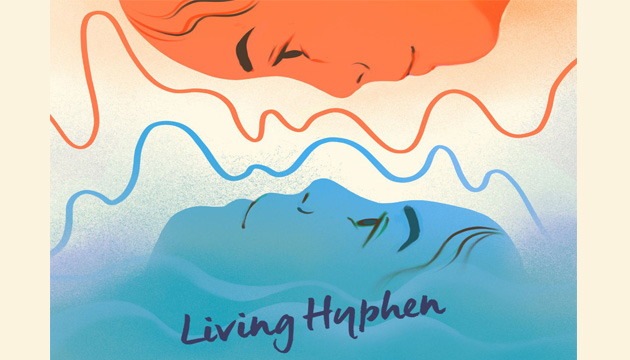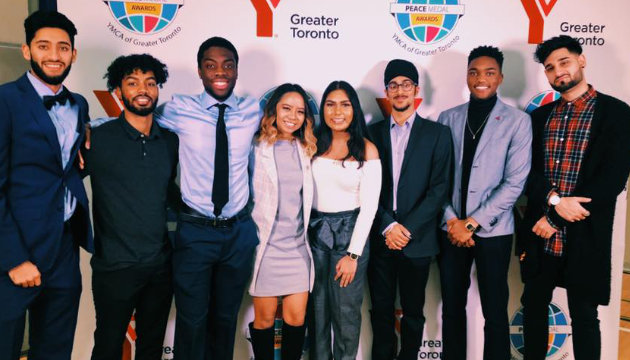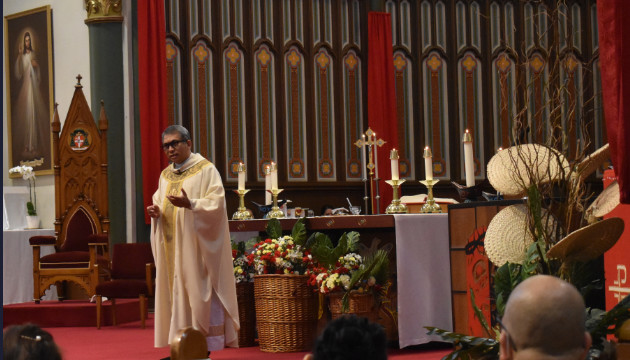The election of an openly anti-immigrant, anti-Muslim president in the United States in 2016 seems to have emboldened like-minded Canadians to display their racial prejudices as well.
In January 2017, six worshippers were shot dead in a mosque in Quebec City and 19 others injured when a lone gunman opened fire just before 8:00 pm, shortly after the end of evening prayers. The gunman, Alexandre Bissonnette, was a French Canadian admirer of the American president’s “Muslim ban.”
Hate crimes targeting Muslims have been on the rise in Canada in recent years. Alan Dutton, a retired academic and award-winning Vancouver-based human rights advocate, who is national director of the Canadian Anti-Racism Education and Research Society, said he's seen a major spike in complaints of racism and hate since Trump's election.
With the arrival in Canada of more than 40,000 Syrian refugees as of January 2017, he says it's of concern that attacks against Muslims seem to have intensified. In particular, he said, the complaints are often directed against people who 'appear' Muslim, such as women wearing headscarves or hijab and men of color with dark heavy beards.
Border crossing refugees
Thousands of people, particularly Haitians and Nigerians, crossed illegally into Canada through its borders with the United States in 2017 to claim refugee status at a time when the U.S. president’s anti-immigrant bombast clashed with the message of a Canadian Liberal prime minister greeting a young girl from Syria. “To those fleeing persecution, terror & war, Canadians welcome you, regardless of your faith.”
After Trudeau’s message of welcome to Canada, many Canadians openly wondered through phone calls to a CBC radio talk program whether Canada’s refugee policy was too lenient.
“Ingrates,” and “GO HOME!!!” were typical comments, along with terms like “illegal,” “bogus” and “queue jumpers” – to dehumanize asylum seekers and instill fear that they’re lawbreakers not worthy of compassion.
Trudeau’s invitation resulted in Canada receiving an overwhelming majority of asylum seekers, mostly Haitians and Nigerians, with 96 per cent of illegal crossings into the country in 2018 happening at unprotected borders between Quebec and the United States, according to recent RCMP reports.
Last year, 18,116 asylum seekers arrived by taxi, bus or on foot at ports of entry to walk across the border into Canada at unauthorized crossings, mainly in Quebec. According to Immigration, Refugees and Citizenship Canada, another 12,378 crossed over in the first seven months of 2018.
Ontario also received an influx of asylum seekers in 2018 prompting Premier Doug Ford to ask Prime Minister Trudeau to pay Toronto $72 million to cover the costs of asylum seekers in Ontario.
A fire was started on the third floor of a Radisson Hotel Toronto East on the night of Oct. 2, 2018. The hotel was known to house 577 refugee claimants, most of them from Nigeria. “FREE MONEY” was painted on the hotel walls referring to the monthly social assistance cheques refugee claimants receive from the government.
In an interview with CBC’s “Power and Politics” in October, Conservative leader Andrew Scheer characterized the asylum seekers as coming from safe havens in the U.S., crossing illegally into Canada to get almost instant processing of their refugee claims while refugees already settled here wait years to bring in loved ones trapped in refugee camps overseas.
“That’s not fair, it’s not right for people to jump the queue like that,” he said. “That’s why I think Canadians are rightly concerned about this. In response, Trudeau Liberals swiftly rebranded Canada itself as a tolerant, open-armed society welcoming asylum seekers under Canada’s Immigration and Refugee Protection Act. The Act clearly states that anyone who comes into the country and claims refugee protection can’t be charged with any offences under immigration law or certain Criminal Code sections “pending disposition of their claim for refugee protection or if refugee protection is conferred.”
The Act is consistent with international treaties to which Canada is a signatory, including the UN convention on refugees, which are founded on the principle that asylum seekers are often compelled, for their own safety, to flee into foreign countries without authorization or proper documentation.
Jennifer Hyndman, director of the Centre for Refugee Studies at York University, said Canada’s refugee numbers are trifling compared even to some other wealthy industrialized countries in Europe. Germany, for instance, opened its doors to almost 800,000 Syrian refugees in 2015.
Fully 85 per cent of the world’s displaced people are being hosted in developing countries that are much smaller geographically, much more densely populated and considerably poorer than Canada. Among the top refugee hosting countries, the UNHCR reports that Turkey is coping with 3.5 million refugees, Pakistan and Uganda with 1.4 million each, Lebanon with 1 million and Iran with 979,400.
Janet Dench, executive director of the Canadian Council for Refugees, says the confusion arises because it is against the law to cross irregularly into Canada. But she points out that Canadian law also recognizes the right to claim refugee status. According to the Immigration and Refugee Protection Act, new arrivals can’t be prosecuted for illegally entering Canada once they apply for refugee status.
One of the criteria for a successful refugee claim is to what degree a claimant fits the United Nations definition of a convention refugee: Having a well-founded fear of persecution for reasons of race, religion, nationality, political opinion or membership in a particular social group. Those fleeing criminals or gangs often do not meet these criteria nor do economic migrants fleeing from poverty. Political and religious refugees were the most likely to be accepted.
What happens at the border for thousands of migrants crossing into Canada illegally?
When migrants lugging suitcases arrive at unofficial border crossings, they are apprehended by RCMP, who verify identification and then take the asylum seekers to the Canadian Border Services Agency (CBSA) office for a health and security check.
Their request to claim asylum in the country is registered and they are referred to the provincial government organization that helps new arrivals in their first months. Their psychosocial and medical needs are assessed before determining whether to send them to one of the 12 centres set up to temporarily house refugees. There is currently a wait of about three days, as somewhere between 1,000 and 1,200 migrants wait to be processed. Many are sleeping in tents installed by Canadian Forces.
Asylum seekers must declare how much money they have at the border. Their financial status affects whether they get to stay in one of the temporary housing centres and for how long.
If agents determine that families don't have a lot of money, they can typically stay in the centres until their first monthly social assistance cheque arrives, according to Paul Clarke, the executive director of Action Réfugiés Montreal.
Asylum seekers must file a claim with the Immigration and Refugee Board and while they wait for the board's decision, they have access to government services, including social assistance and health care. The services are provided by different government agencies, most of which have funds set aside for new arrivals. According to a CBC report, it now takes at least 20 months for a refugee claim to be processed, up from 16 months last October.
Newcomers usually have to wait between 21 and 35 days for a cheque that the Quebec government calls "last resort special assistance," which is $628 for one single adult per month. The assistance is managed by the province's ministry of employment services.
The amount is comparable to B.C., where a single person gets $610, but lower than Manitoba, which will give a single adult about $750 a month. This is what anti-refugee fanatics call “free money.”
To obtain a work permit, asylum seekers must first meet with Immigration Canada to determine if they are eligible for a refugee claim. That usually happens within the first few days of arrival, but the "unprecedented" influx has created a massive backlog of refugee claimants and delays of more than three months.
Thousands of asylum seekers may even wind up settling here in limbo for years, creating a temporary safe haven that may be just as inviting to other anxious claimants to come to Canada.
Next, claimants apply for a federal work permit, but the time it takes to process work permits is stretching to about four months and could get longer. Those delays mean claimants could face months on social assistance without the ability to get a job. The Quebec government stops providing financial assistance once a refugee claimant finds a job.
Refugee claimants in Quebec have access to health services, education and some prescription drugs, covered by the Interim Federal Health Program or by Quebec's health insurance. French-language pre-school, elementary and secondary school is free for children between the ages of 5 and 18, but in order to enroll, claimants need to present their Refugee Protection Claimant document issued by the federal immigration ministry. Claimants can also take French-language courses for free. Those courses, as well as the education for children, are the responsibility of Quebec's education ministry
Once asylum seekers have submitted their refugee claim, they have to wait for a hearing that will either approve or deny the claim. If they are denied, they can appeal the decision under certain conditions. If they exhaust the appeals process they will be ordered to leave the country. Claimants can also try to apply for permanent residency under humanitarian and compassionate grounds. Several community groups help connect asylum seekers with lawyers and those who don't have the means to pay fees are eligible for legal aid.
In the 2018 provincial elections, for the first time in over 50 years, Quebec’s new CAQ (Coalition Avenir Québec) won a majority government based on racialized platforms mainly to reduce the number of immigrants particularly Muslims. Prejudice against Islam is highest in Quebec, which views Islam as culturally incompatible with Canada –banning Muslim women's head scarves and face covers in public services.
Conservative MP Kellie Leitch of Alberta, another admirer of the racist U.S. president, launched her own anti-immigration campaign in 2017 insisting that only migrants who share Canada’s own beliefs, values and goals be accepted as immigrants. She claimed it was based on a Forum Research poll that found 67 per cent agreed with screening for anti-Canadian values. Forum conducted the interactive voice response poll by phone in early September, sampling 1,370 randomly selected Canadians 18 years and older. It's considered accurate plus or minus three per cent, 19 times out of 20.The Canadian values screening was prominent in her campaign for Conservative party leadership due to conversations she's had in towns across Canada, Leitch says.
A Radio-Canada poll released in March 2017 showed that most Canadians support welcoming refugees. But 74 per cent said they also support screening for anti-Canadian values as a way to keep terrorism out of the country.
What do you think? Send your views with a letter to the editor at:





